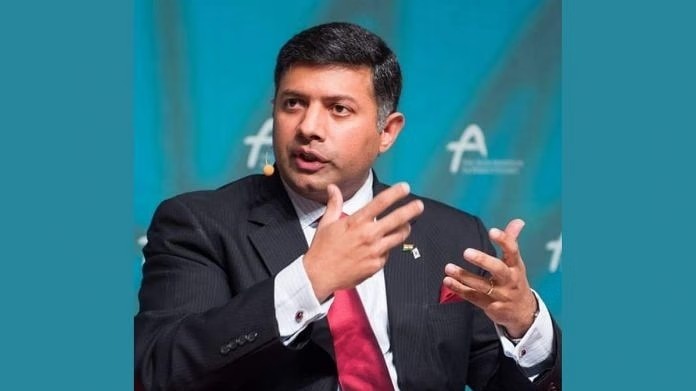Arjun Malhotra, founding partner at BadCapitalVC, took to X (formerly Twitter) to make a sharp case for how artificial intelligence (AI) could transform India’s MSME landscape. Sharing a real-world scenario, he wrote: “Surat — By 9 a.m., Rajesh, a textile factory owner in Surat, has already dealt with three different crises — a delayed fabric delivery, a missing worker, and an irate customer. His day mirrors that of millions of MSME owners across India who wear every hat in their business, juggling firefighting with forward planning.”
“This is the daily grind of India’s 63 million micro, small, and medium enterprises (MSMEs) that collectively employ over 500 million people — more than the population of the entire European Union. But despite this massive workforce, productivity remains staggeringly low. The average Indian worker generates just $7,000 in annual output, compared to $80,000 in developed economies,” he added.
“The problem isn’t ambition or workforce. It’s system design,” says Malhotra, whose firm is building a thesis around AI’s potential to unlock the next phase of growth for Indian businesses.
In developed markets, 15-20% of the workforce typically handles planning, coordination, and project management — the “orchestration layer,” as Malhotra calls it. In India, that burden often rests solely on the business owner, compressing an entire function into one overworked individual.
“We have hands to build and vision to dream, but we’re missing the middle layer that ties it all together,” he notes.
Traditional tools like ERPs, logistics apps, and UPI have helped track operations but mostly document what has already happened. “Software tells you what happened yesterday. AI can tell you what should happen tomorrow,” says Malhotra.
One of BadCapital’s portfolio companies, MyGenie, is already applying AI to solve this gap. When a worker says, “कल वाले काम के लिए सीमेंट खत्म हो रहा है” (“we’re running low on cement for tomorrow’s work”), the AI interprets the input, anticipates demand, and suggests solutions — functioning as a virtual project manager at negligible cost.
“AI enables sophisticated planning to reach even low-margin, resource-constrained businesses,” he adds. By powering thousands of MSMEs simultaneously, AI makes high-quality orchestration widely accessible — something previously reserved for large enterprises.
As Malhotra puts it: “We don’t lack people. We lack workflows. AI can be that orchestration layer that turns chaos into coordinated execution.”







